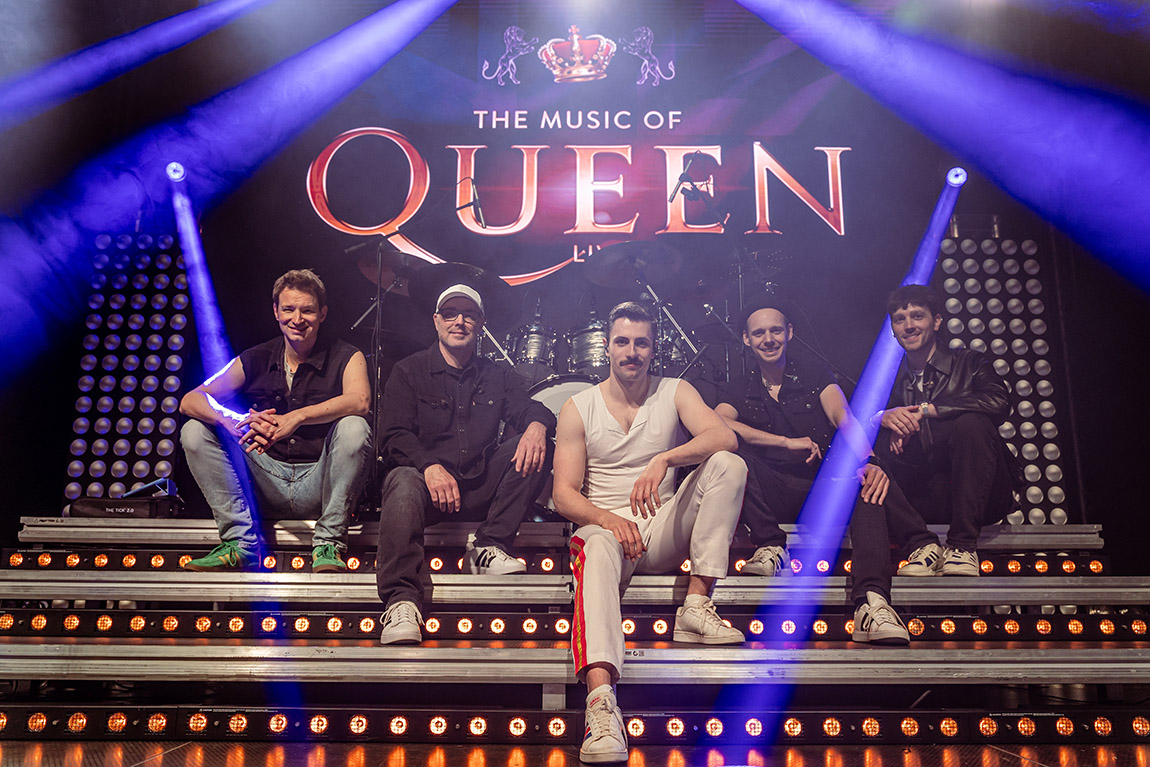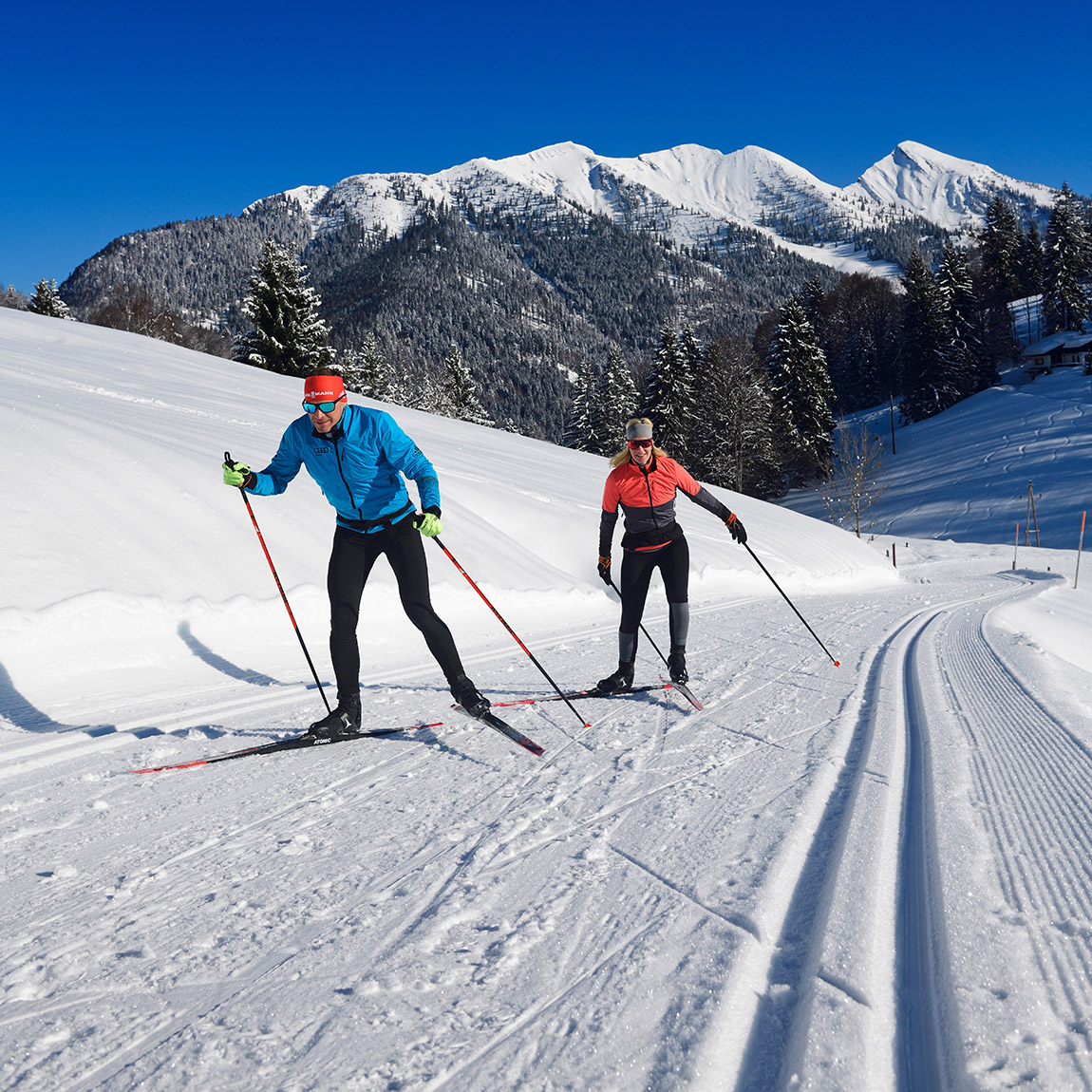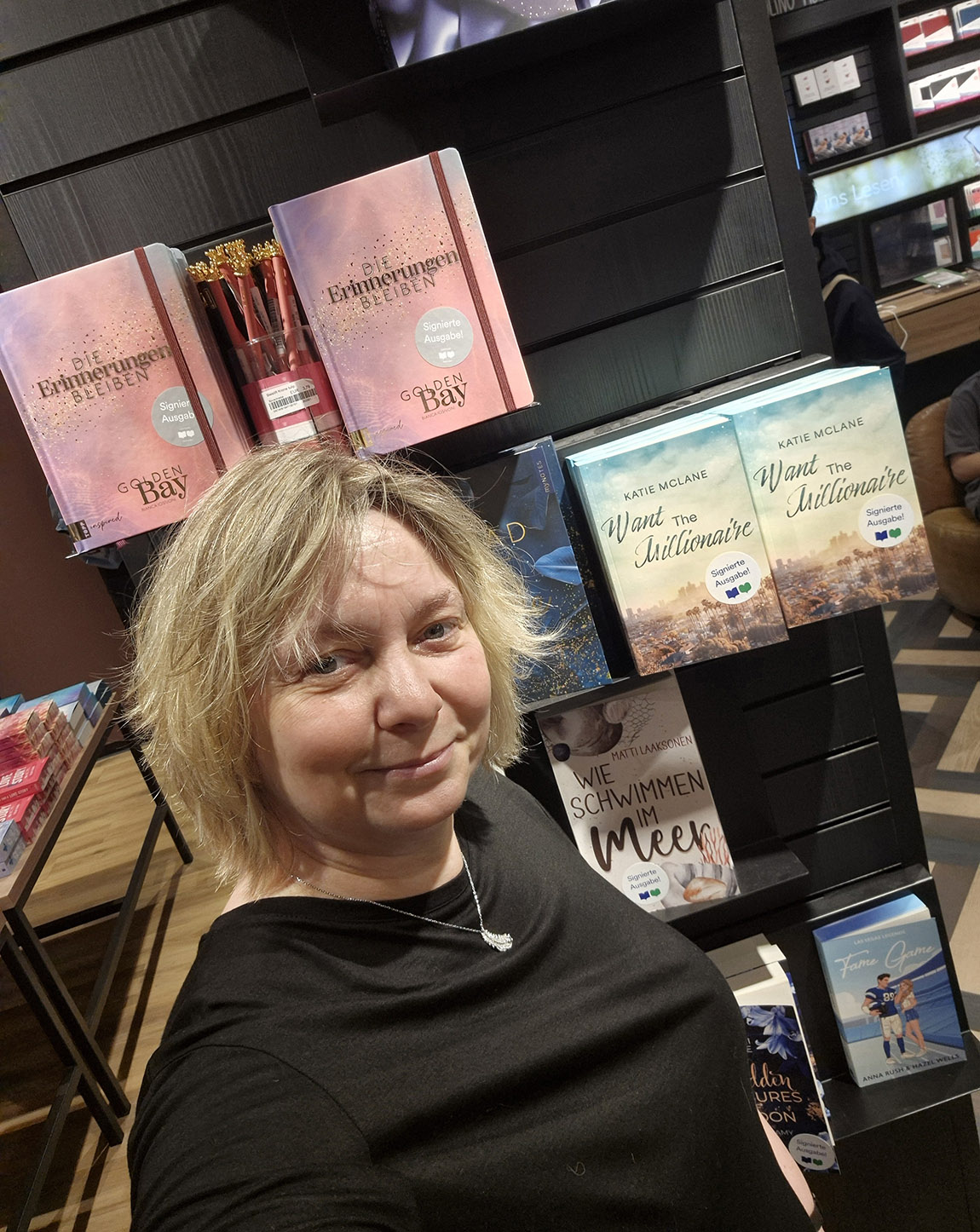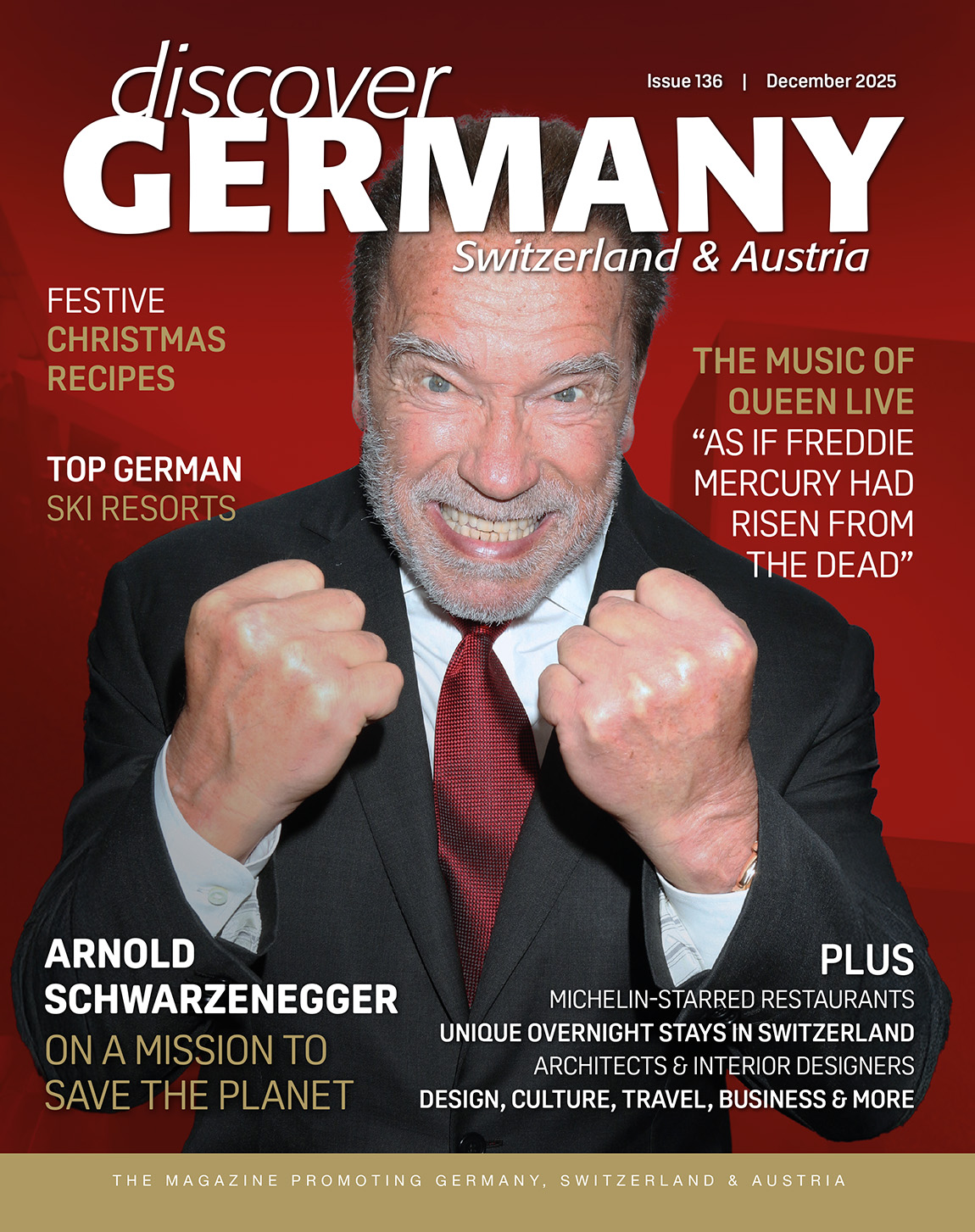Germany’s Home of Football
TEXT & PHOTOS: DANIEL BARTHOLD
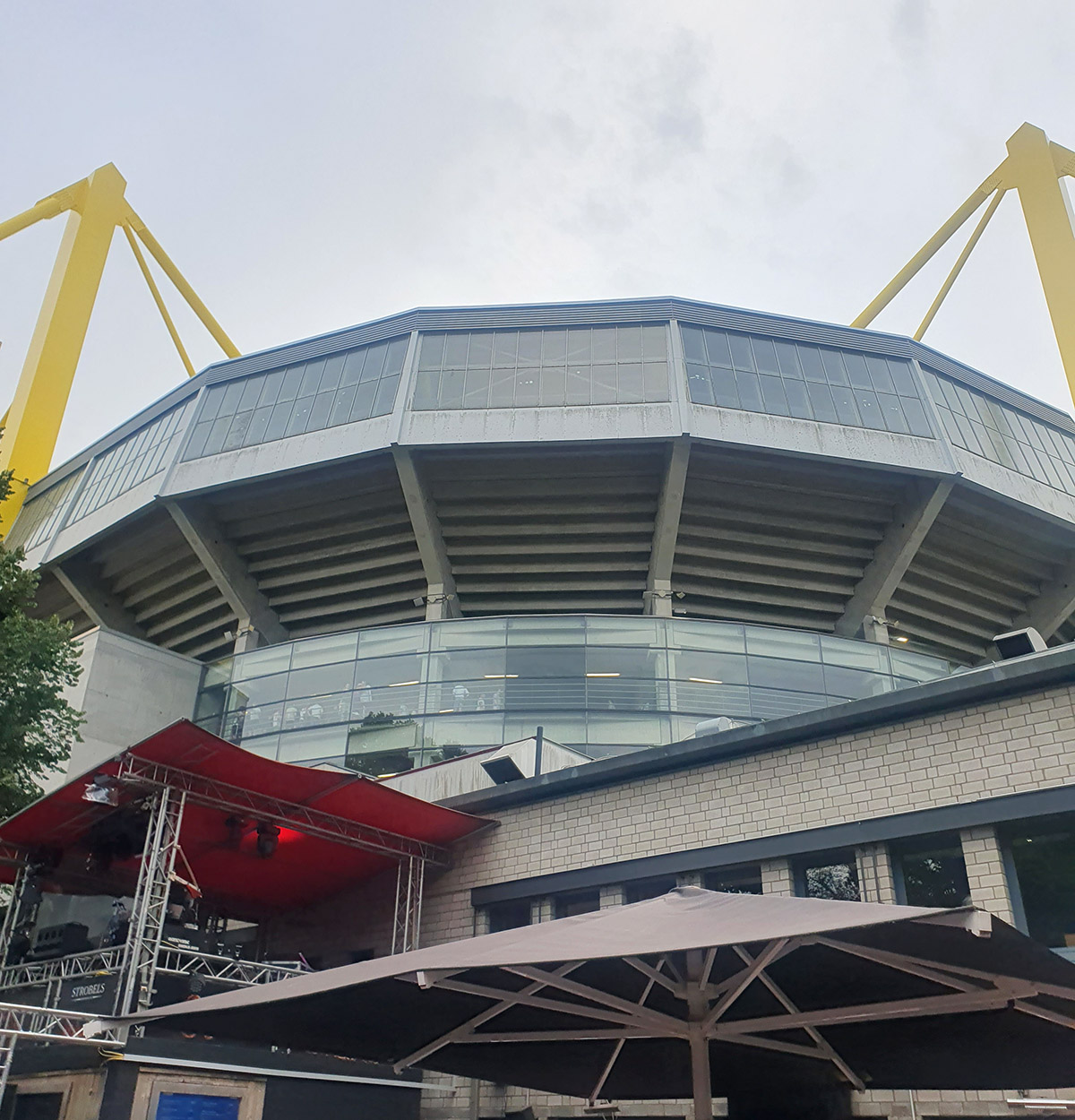
AHappy End wasn’t to be for the locals but regardless, Euro 2024 was a success story in Germany. Packed fan zones, great football, new friends, and a stadium that is one of a kind. Join us on a journey to the Round of 16 clash between Germany and Denmark in Dortmund. A city that loves football with probably the best atmosphere in Europe.
After days of rainfall, it was a warm and sunny morning on June 29th, the day Germany faced Denmark in the Round of 16 of Euro 2024. After an early arrival at Dortmund Airport, plenty of English supporters embarked to Gelsenkirchen for the match against Slovakia, not far from Dortmund. The city on the eastern corner of the Ruhr Area, the big industrial region of the country, is a football-mad hub. Borussia Dortmund is one of the biggest clubs in the Bundesliga and they just recently made the Champions League Final losing 2-0 to Real Madrid at Wembley. During Euro 2024, Dortmund was one of the ten host cities and every time the German national team is in town you can feel the home advantage even stronger than in Berlin, Munich, or Stuttgart.
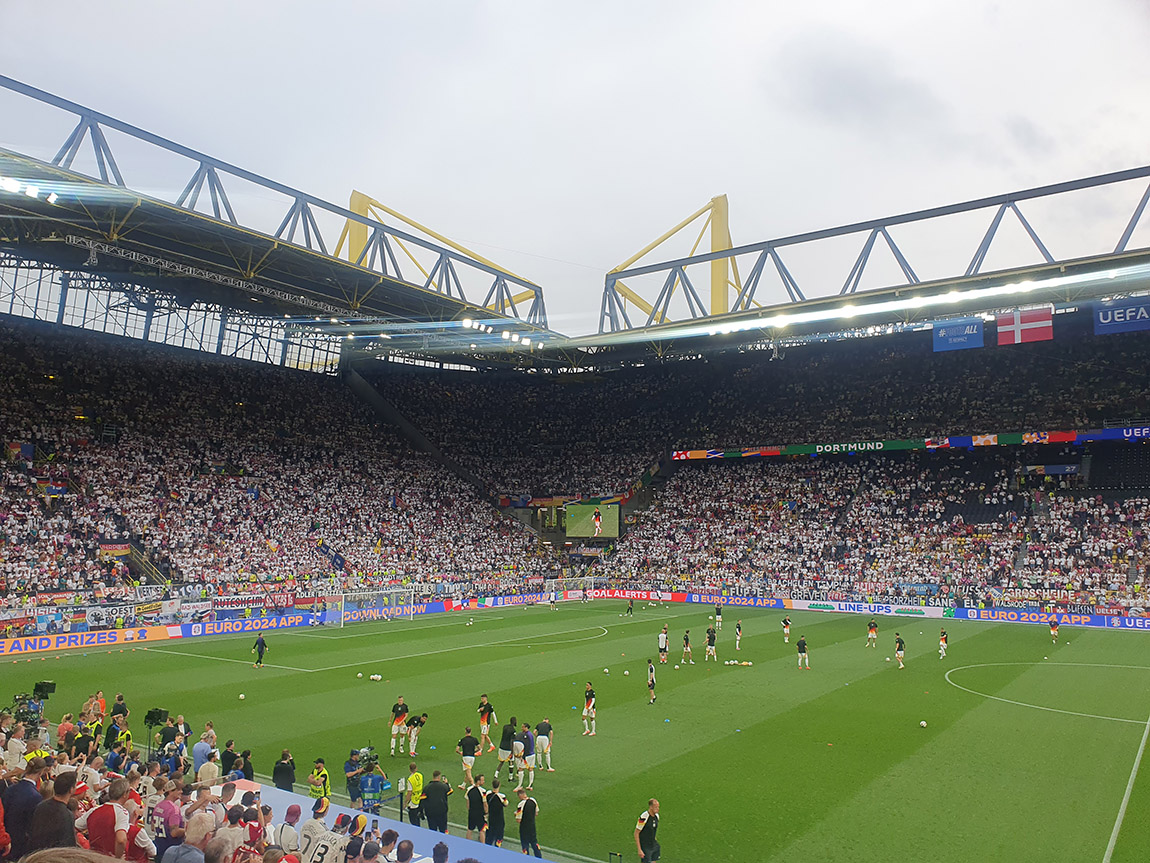
Right across Dortmund Central Station, several thousand supporters were already on the march to Friedensplatz, one of the big squares downtown, to enjoy the fan fest en route to Signal Iduna Park, the giant home stadium with a capacity of 81,365 which makes it the biggest football ground in Germany. For international matches it is slightly reduced but it never loses its intensity, noise, and fascination with the Yellow Wall – the most impressive home end in European football. Many tourists travel to Borussia Dortmund matches from abroad throughout the season, drinking in the incredible atmosphere and for Euro 2024, one could sense the change of perception towards the German national team. After three successive poor major tournaments, the head coach Julian Nagelsmann seemed to have lost his mojo . The Germans used to be pioneers at getting the job done, however, at two World Cups in a row they did not even manage to get out of the group stages, something that had never happened before.
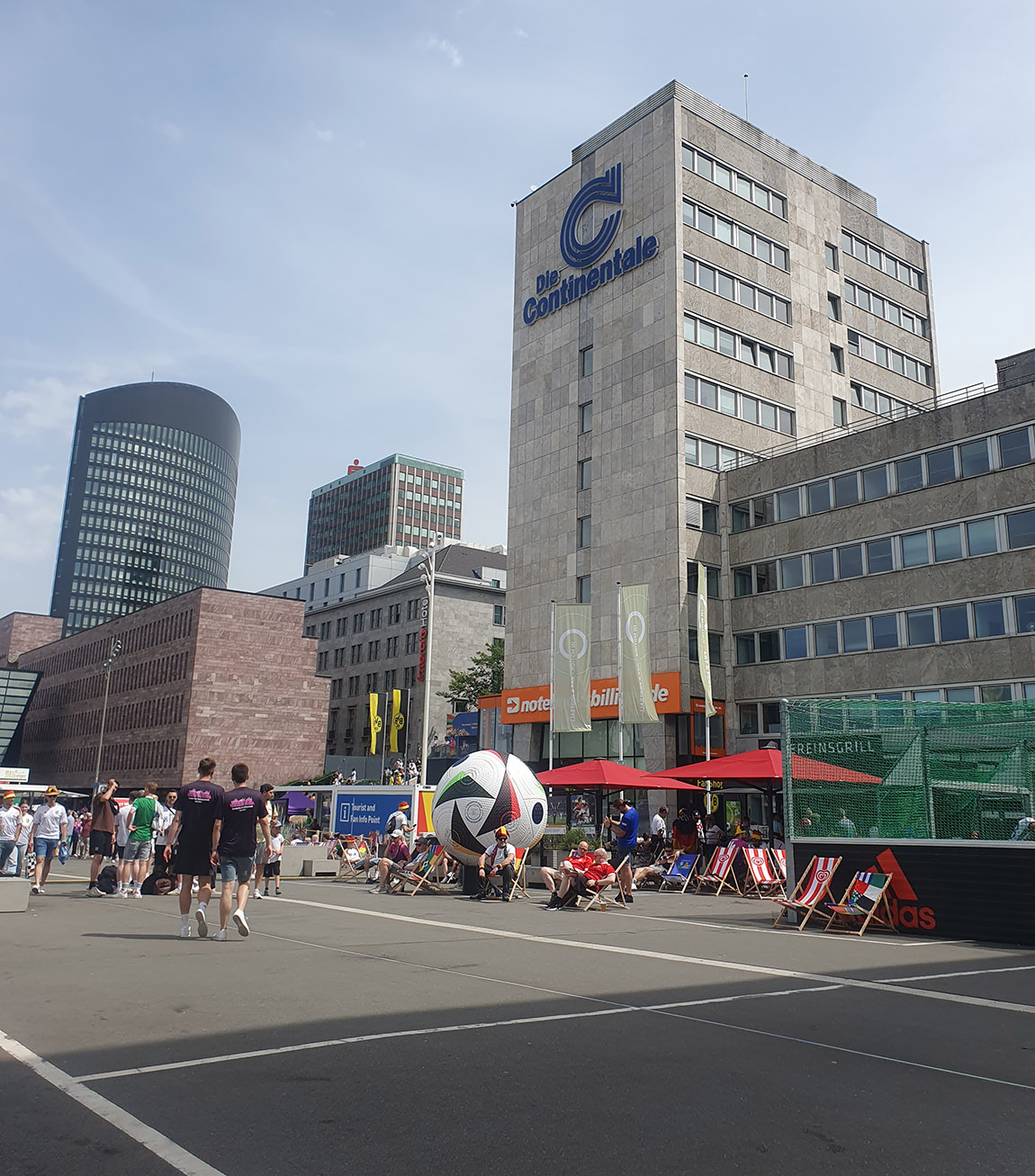
Euro 2024 started brightly for Germany though with a 5-1 victory over Scotland in Munich, followed by a convincing 2-0 against Hungary in Stuttgart, and a scrappy 1-1 against the Swiss in Frankfurt. In Dortmund, the Danes were waiting who consider matches against the DFB-Team a derby, and both sets of fans were in full swing. The euphoria in the city centre woke up memories from the unforgettable 2006 World Cup on German soil and belief grew daily. Times are tough and the togetherness during the European Championship was noticeable at every corner. When you arrive at Signal Iduna Park, or Westfalenstadion, which is its original name, one can feel the power of this football ground for the City of Dortmund. The club and its stadium are the pulse of a working-class area with such rich football history.
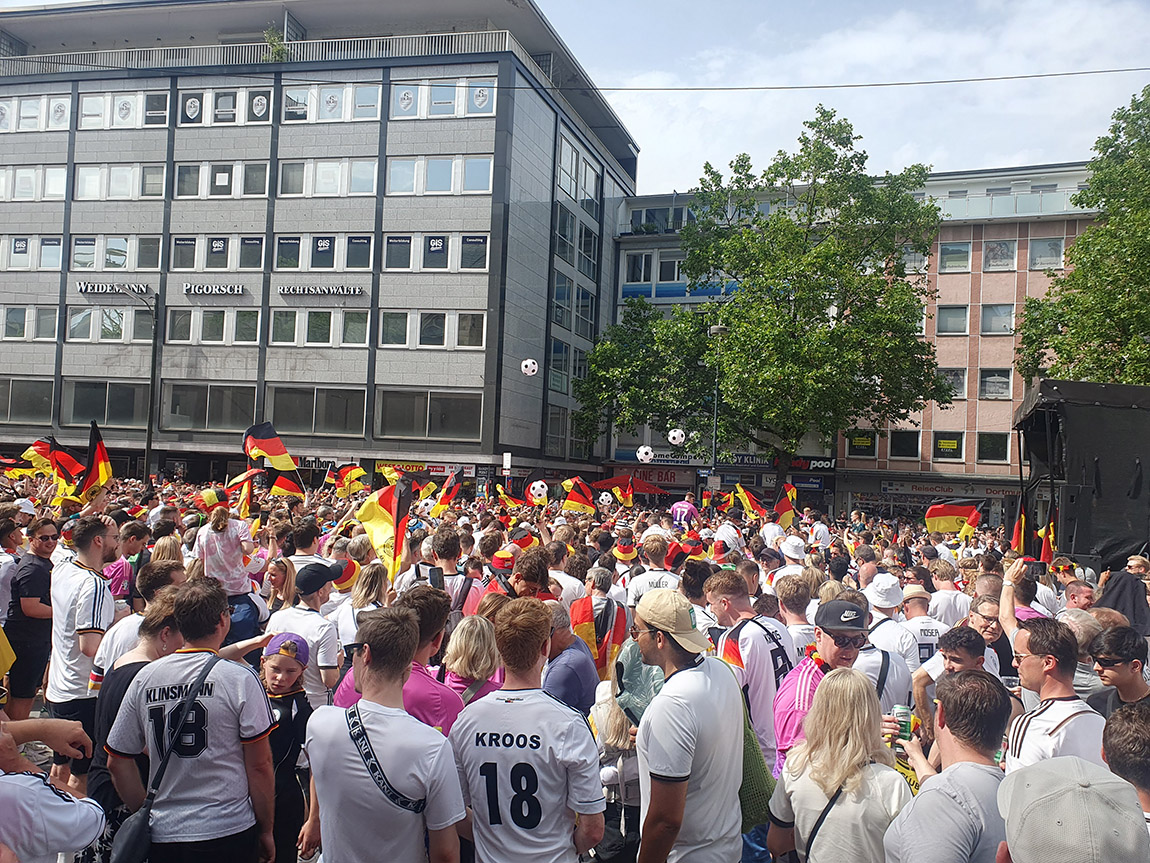
Steep stands, seats close to the pitch, and a huge number of German supporters boosted the team to beat Denmark 2-0 on the night. It was a knockout game that made the locals feel they could aim for a 4th European title on home soil. Even days after the victory, belief was growing ahead of a very difficult clash with Spain. And football can be cruel at times as the Germans were knocked out with a late extra-time goal in Stuttgart. The Spanish progressed to the semi-final and Julian Nagelsmann’s men once again exited a major tournament early. But this time, it was different. The fans appreciated the effort, stood behind the team, and with young players, like Jamal Musiala or Florian Wirtz, there is a bright future ahead for the “Deutsche Nationalmannschaft”. In two years, the World Cup will be hosted in the US, Canada, and Mexico – a tournament where Germany feel they can challenge for the big prize. And the locals won something even more important: the respect of an entire continent visiting the Heart of Europe. Scottish, Dutch, Spanish, English, German, and Turkish supporters celebrating together, it made the pain of the quarterfinal loss so much more bearable. In Dortmund, it was a great day of football that was rounded with a visit to the German Football Museum. To have this landmark located here, particularly underlines the significance of the sport in the city, with a stadium that truly feels like “Germany’s Home of Football”.
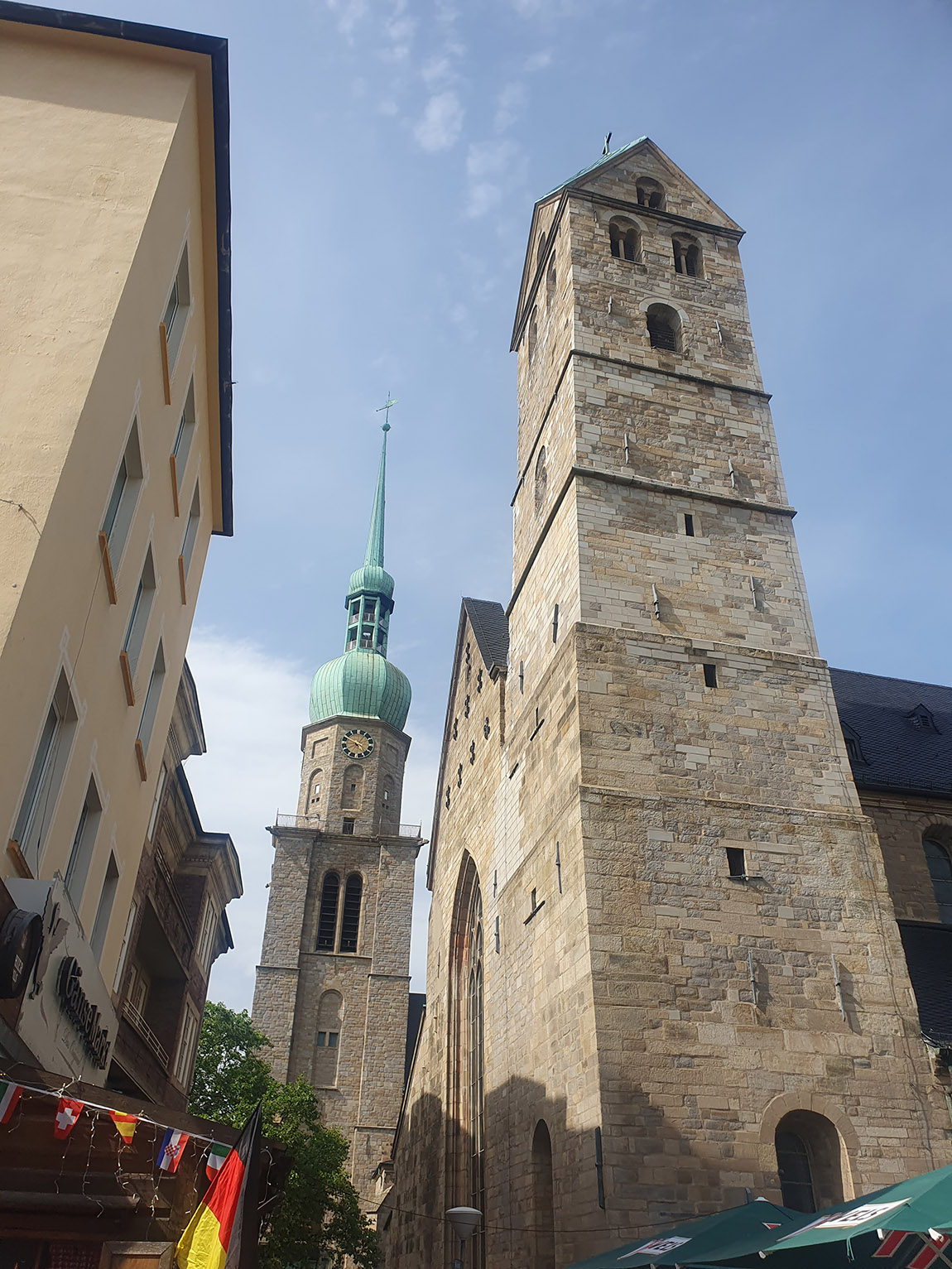
Information on Borussia Dortmund’s home stadium you can find here: www.bvb.de/de/en/signal-iduna-park.html
Subscribe to Our Newsletter
Receive our monthly newsletter by email


